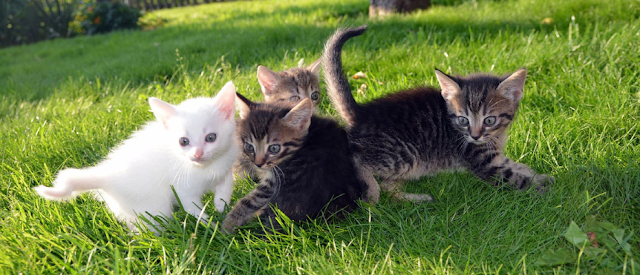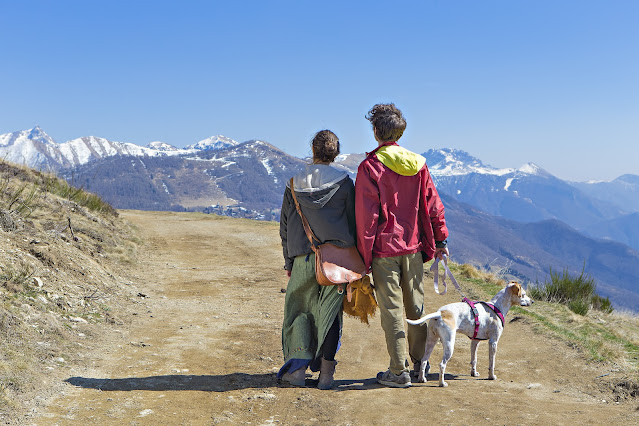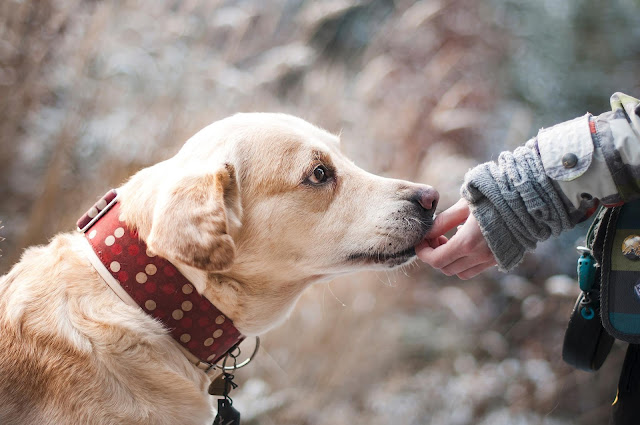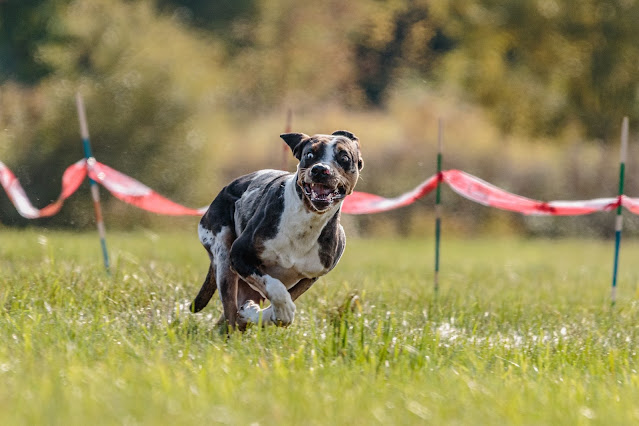A day at the canine park resembles twelve strolls based on a rope in conditions of physical and mental advantages for your pet.
"They have the opportunity to get off-chain and go around and play with different canines," says Rebecca Ruch-Gallie, DVM, of Colorado State University Veterinary Teaching Hospital in Fort Collins. "It holds their weight down, their muscles tighten up. It keeps them social. It's immense."
The disadvantages? Your pet confuses an individual's leg with a tree, or they get injured and need to go to the vet. Find these ways to stay away from a humiliating scene or a physical issue.
1. Assume responsibility.
Your canine has to know that you're the alpha creature constantly. That is key when different canines are near. Help your buddy to come to you when called. Utilize a word or expression they are not prone to hear at the recreation area. Reward them with extra-unique treats during preparing.
2. Stop before you enter.
A very much planned park will have a twofold entry with two doors. Try not to spin through the two doors on the double. Enter the main door with your canine on a chain, then interrupt to glance around. On the off chance that there are 20 canines amassing the entryways or on the other hand assuming there's a fight going on, this isn't an ideal opportunity to jump in. A respite will likewise permit different dogs to become accustomed to yours and not go hyper when they really do come in.
3. Focus.
When inside, you must look out for the canines, not different people. "Canine parks are truly marvelous, however they're not about human socialization," Ruch-Gallie says. Continuously know where your four-legged companion is and what they are doing. Assuming you see inconvenience fermenting, get back to them immediately. Know when your canine has crapped so you can scoop, as well. Many parks give plastic packs, however it can't damage your own.
4. Peruse the signs.
In addition to the fact that your canine plays well with others assuming you intend to take them to the recreation area - - you should have the option to pursue a canine way of behaving, as well. Canines at play have loosened up ears, swaying tails, and may "play bow" with their front end to the cold earth. Upset dogs hold their tails at half-pole or between their legs. Their ears are stuck back, and their understudies shrivel so you can see the whites of the eyes. A canine that is prepared to thunder will be tense, hold their head high, and will incline forward. Their ears will face up or advance, as well. While snarls are normal in play, growling with lips twisted back isn't. On the off chance that you see these peril signs, divert the canine with treats or a toy, Ruch-Gallie says. You can likewise applaud or make a boisterous clamor. Use treats and toys just when required in a canine park, in the event that they flash difficulty.
5. Understand what to do in the event that a battle breaks out.
Regardless of your earnest attempts, it can work out. Prepare sure you're:
- Give it a second. Most doggie duels end as fast as they began.
- In the event that they go at it for in excess of a couple of moments, attempt to spurt them with a hose or water gun, or utilize a long stick to push them apart. Try not to step in with your hands or body.
- Assuming that they're actually quarreling after over 3 seconds, you and the other proprietor ought to move toward the canines from the back. Tenderly get their back legs at the highest point of the leg and lift them up like a wheeled cart then begin moving back. Try not to go after the collar. Your canine could tear into you by reflex.
6. Try not to take little dogs to the recreation area.
They can be difficult to control. Individuals find them charming, yet more seasoned canines frequently believe they're an aggravation. Furthermore, the people who haven't yet had every one of their shots can be presented to illnesses. Hold on until your little guy is a half year old before you go. "[The canine park] isn't a spot to learn socialization, however it's a decent spot to be social whenever they've learned," Ruch-Gallie says.
7. Know when to go.
Essential great habits ought to assist you with staying away from most issues. Some additional work on your part will help. Yet, don't go to the canine park if your shaggy buddy:
- Isn't immunized or doesn't have insect and tick assurance
- Isn't fixed or fixed
- Is what the ASPCA calls a "canine dimwit." These are canines that simply don't have the foggiest idea how to interface, regardless of how diligently they attempt. Different canines might find them similarly as irritating as pups.







.png)

.png)
.png)
.png)


.png)







